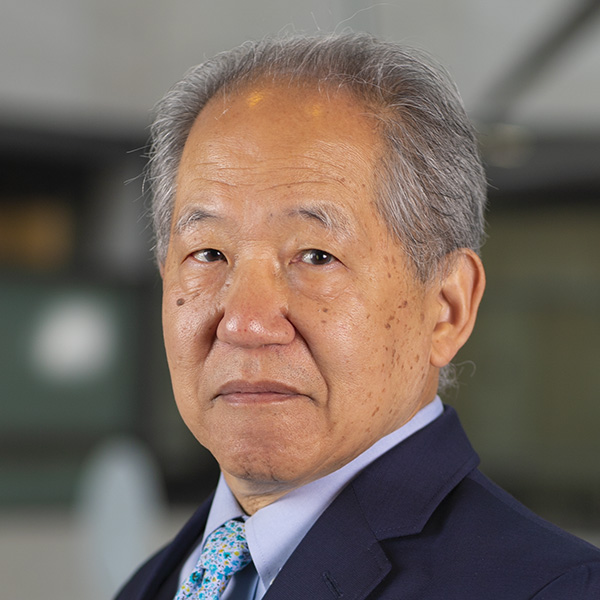Leonard Nakamura looks at the case for both sides using economic analysis, empirical studies, and anecdotal evidence. He also describes the role rivalry plays in innovation.
Michael Tomasello, co-director of the Max Planck Institute for Evolutionary Anthropology, has argued that what separates humans from chimpanzees and other nonhuman primates is their ability to maintain and build upon innovations — teaching children and peers the best ways to act and think. It can be argued that the cumulation of knowledge is not just the most important source of economic growth but also the most important factor in the flowering of human civilization and the dominance of our species on the planet.
Given the importance of knowledge, how should we organize its advance? Should innovation be centralized, with recognized experts determining which parties get funding to develop their ideas?1 Or should innovation be decentralized, with small groups and individuals — small businesses, patrons, incubators, and foundations — supporting a lot of innovation? And to what extent can we rely on the market system to facilitate developing and disseminating new ideas and cultural products?
This article appeared in the First Quarter 2003 edition of Business Review.

